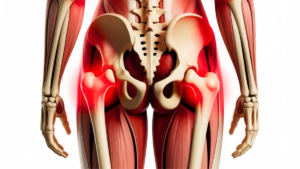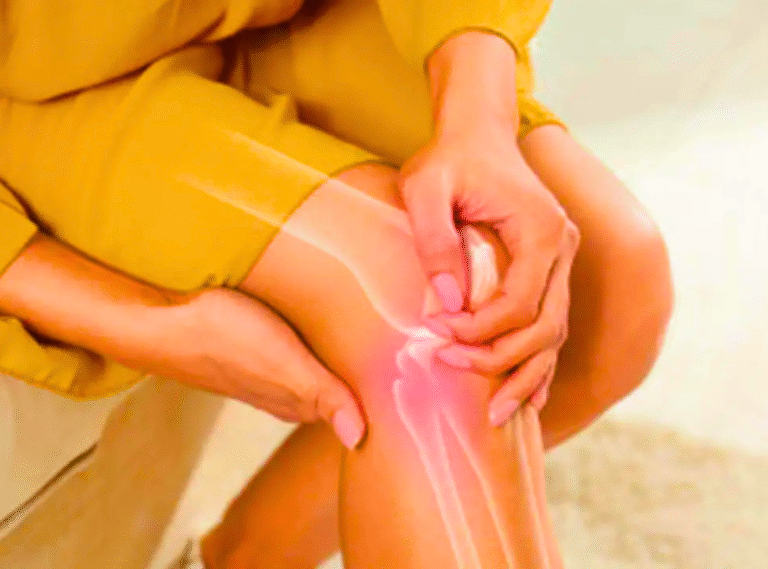
Over time, it’s common to experience stiffness, pain, or discomfort in the joints. This happens because the articular cartilage the tissue that cushions and protects the ends of bones undergoes natural wear due to aging, injuries, or mechanical overload.
This progressive degeneration can lead to osteoarthritis, a condition marked by pain, inflammation, and reduced mobility.
To protect and regenerate this tissue, compounds such as Glucosamine, Chondroitin, and MSM (Methylsulfonylmethane) have been widely studied for their role in joint health and cartilage regeneration.
👉 Related article: https://mariahchic.com/menopause/hyaluronic-acid-wrinkles-skin/
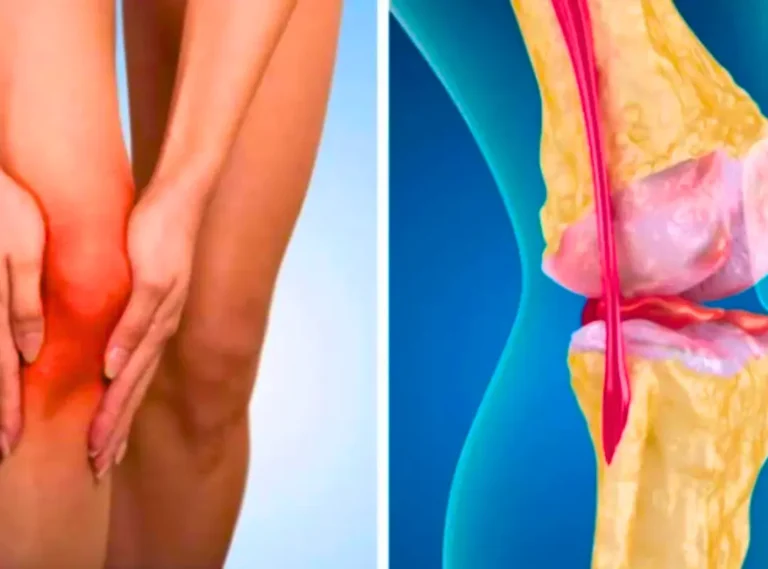
Cartilage Degeneration: The Beginning of Joint Problems
Articular cartilage is composed of specialized cells called chondrocytes, embedded in a matrix rich in type II collagen, proteoglycans, and hyaluronic acid.
Over time, factors such as aging, chronic inflammation, inactivity, or excess body weight reduce the regenerative capacity of chondrocytes.
This dysfunction leads to an increase in degradative enzymes, such as matrix metalloproteinases (MMPs), which break down collagen and proteoglycans reducing the elasticity, thickness, and lubrication of the cartilage.
Cartilage degeneration is a silent yet progressive process that compromises joint biomechanics and mobility over time.
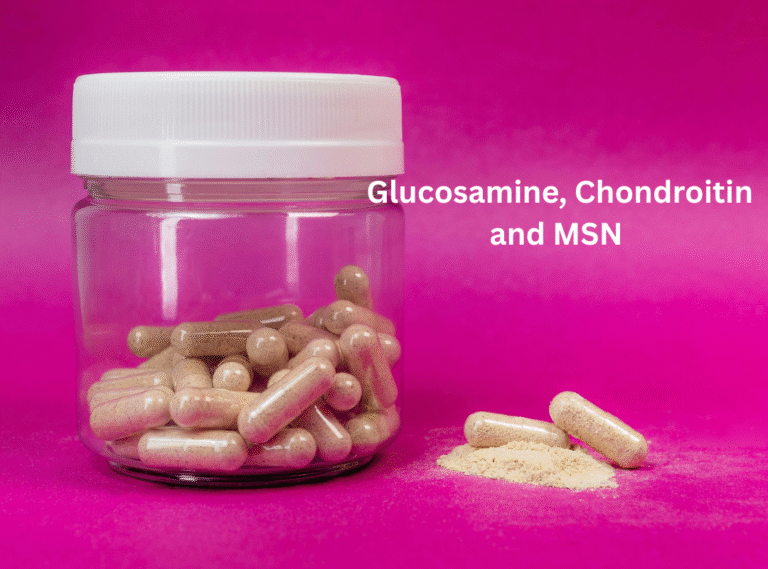
The Role of Chondroprotective Supplements
To counter this process, chondroprotective compounds have been developed substances that help maintain, rebuild, and protect joint cartilage.
Among the most studied are Glucosamine, Chondroitin, and MSM, which act synergistically to support cartilage structure and function.
👉 Related article: https://mariahchic.com/menopause/joint-pain-in-menopause/
Glucosamine The Precursor of Cartilage Matrix
Glucosamine is an amino sugar naturally produced by the body and essential for the formation of glycosaminoglycans (GAGs) structural components of cartilage.
Main effects:
-
Stimulates the synthesis of type II collagen and proteoglycans;
-
Inhibits enzymes that degrade cartilage (such as collagenase and phospholipase A2);
-
Reduces inflammation by modulating cytokines like IL-1β and TNF-α.
Clinical studies indicate that long-term glucosamine supplementation may slow the progression of mild to moderate osteoarthritis and improve joint function.
Chondroitin Structure and Hydration for Cartilage
Chondroitin is a glycosaminoglycan present in the extracellular matrix that provides elasticity and water retention capacity to cartilage tissue.
Mechanisms of action:
-
Inhibits enzymes that degrade collagen and hyaluronic acid;
-
Promotes type II collagen and hyaluronic acid synthesis;
-
Reduces inflammation, relieving joint pain and stiffness.
The combined use of Glucosamine and Chondroitin has shown positive outcomes in clinical studies on knee and hip osteoarthritis.
MSM (Methylsulfonylmethane) The Sulfur of Regeneration
MSM is a natural source of organic sulfur, an essential element for the synthesis of collagen, keratin, and methionine.
In addition to supporting tissue regeneration, MSM exhibits strong antioxidant and anti-inflammatory properties.
Physiological effects:
-
Decreases inflammatory cytokines (IL-6, TNF-α);
-
Neutralizes free radicals that accelerate cartilage degradation;
-
Reduces joint pain and improves post-exercise recovery.
MSM enhances the effects of Glucosamine and Chondroitin, promoting faster and more effective joint recovery.
👉 Related article: https://mariahchic.com/menopause/sarcopenia-in-menopause/
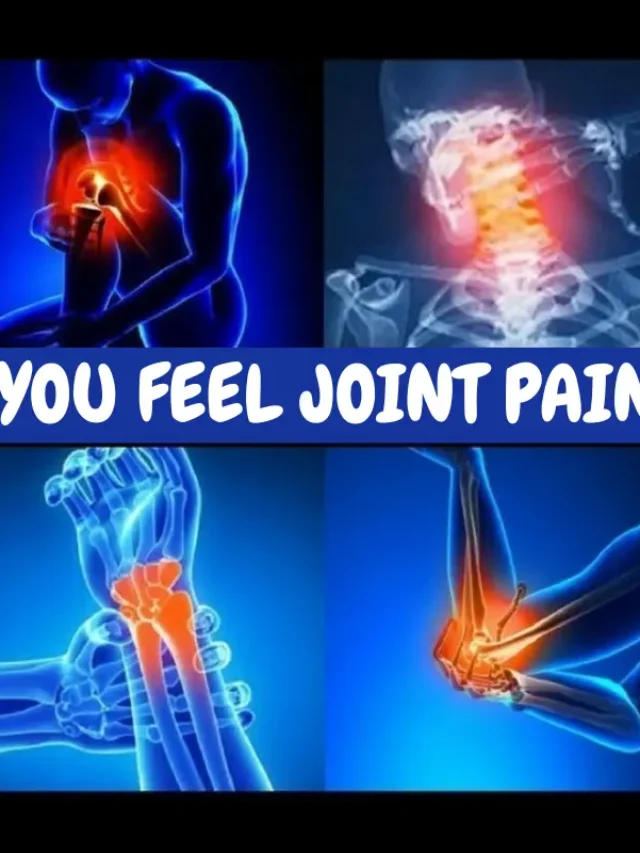
How Glucosamine, Chondroitin, and MSM Work Together
When combined, these three compounds act synergistically on cartilage.
While Glucosamine and Chondroitin directly contribute to cartilage matrix reconstruction, MSM reduces inflammation and creates a favorable biochemical environment for regeneration.
Key benefits of this combination:
-
Restores cartilage structure and function;
-
Reduces chronic inflammation and pain;
-
Improves joint lubrication and mobility;
-
Slows osteoarthritis progression.

Conclusion
Cartilage degeneration is a multifactorial process involving chronic inflammation, oxidative stress, and impaired cellular regeneration.
Although irreversible in advanced stages, scientific evidence shows that early intervention with chondroprotective compounds can modulate these mechanisms, slow osteoarthritis progression, and promote tissue repair.
The combination of Glucosamine, Chondroitin, and MSM represents a scientifically supported strategy to protect, nourish, and restore cartilage tissue, contributing to joint longevity and improved quality of life.
Supplement use should always be guided by a healthcare professional, who can determine the appropriate dosage, duration, and possible interactions.
👉 Related article: https://mariahchic.com/menopause/bone-density-with-bone/
Scientific studies
Clegg, D. O., Reda, D. J., Harris, C. L., et al.
“Glucosamine, Chondroitin Sulfate, and the Two in Combination for Painful Knee Osteoarthritis.”
New England Journal of Medicine (NEJM), 2006.
Debbi, E. M., Agar, G., Fichman, G., et al.
“Efficacy of methylsulfonylmethane (MSM) in osteoarthritis pain of the knee: a pilot clinical trial.”
BMC Complementary and Alternative Medicine, 2011.
Written and reviewed by: Dr. Vilma Mendonça – Pharmacist
Photos: Pexls / Yandex





